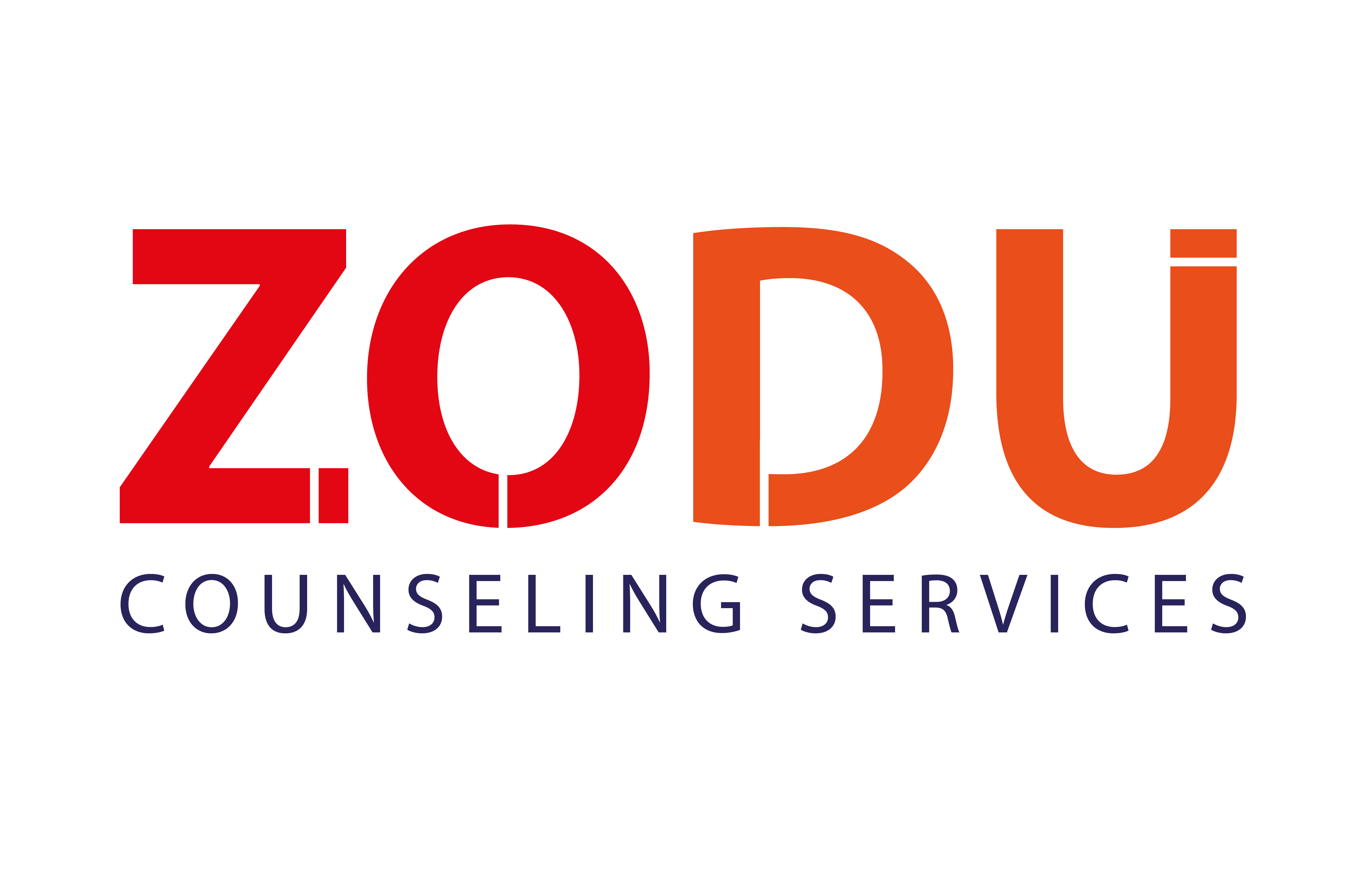Real Stories of Transformation
"I searched for anxiety therapy near me for a long time, and here I finally found the support I needed. My therapist helped me overcome panic attacks and taught me how to manage daily stress effectively. Now, I enjoy a calmer, fuller life."

"After looking for individual counseling services near me, I found exactly what I needed. My licensed therapist guided me through a process that allowed me to regain my confidence and heal from the trauma that had affected me for years."

"The therapy for depression in Orlando was a true life-changer for me. I didn’t know I could feel this good again after searching for a therapist near me. He was very understanding and knew exactly how to help me."

"My situation was complex; there were two of us at home searching for anxiety counseling near me. My wife also sought CBT therapy near me. I couldn’t handle the feelings any longer, and my wife was suffering greatly. After the therapy, I can confidently say they are the best for depression therapy in Orlando.

Over 90% of our clients have experienced significant improvements in their mental health after finding depression therapy near me and participating in our services.



